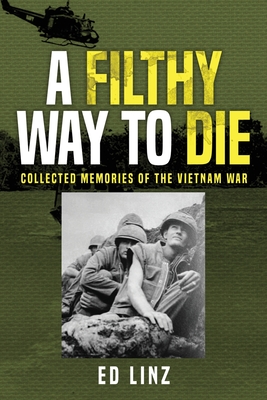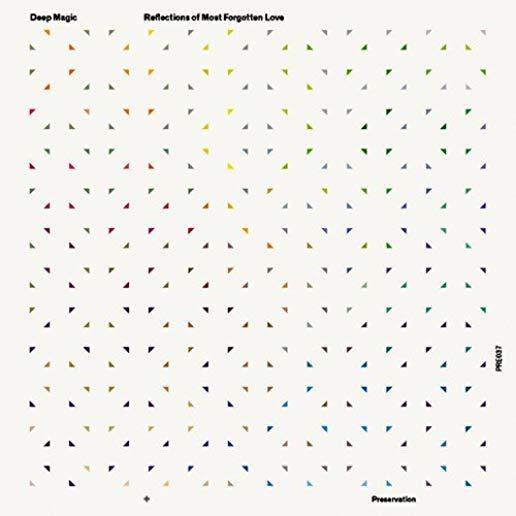der, presents an unique history of the Vietnam War by providing an understanding of the horror, brutality, chaos, and insanity of war. His interviews with 61 members of the U.S. Naval Academy Class of 1965 who served during the war in Vietnam include candid, first-hand accounts of American action on the ground, in the air, on the rivers, and offshore. Their stories involve Marines fighting bloody battles for hills soon abandoned after being captured; Naval aviators watching their wingman being shot down on missions targeting meaningless targets while Hanoi remained off-limits; "Brown Water Navy" sailors conducting ambushes and being ambushed; Swift boats conducting dangerous operations on the rivers and canals of the Mekong Delta; firefights on gunboats during secret forays into Cambodia; clandestine assassination missions with the CIA; secret night operations into North Vietnam; offshore bombardment where targets may, or may not, be enemy; and many other aspects of this bloody, and preventable, war.
The horrific losses were not limited to the 58,000 Americans who lost their lives and over 300,000 others who were wounded, but included three million Vietnamese (many of whom were innocent civilians) and countless Laotians and Cambodians.
Linz presents background information explaining how the United States became involved in a decades-long diplomatic slippery slope leading to American Marines coming ashore at Da Nang in early 1965, just prior to his class graduating from the Naval Academy. He describes how each officer, many of whom could not locate Vietnam on a map when entering the Academy in 1961, ended up fighting a frustrating, and deadly, war halfway around the world. Nine of these classmates died during service in Vietnam, some following capture by the enemy. It was indeed a filthy way to die.








